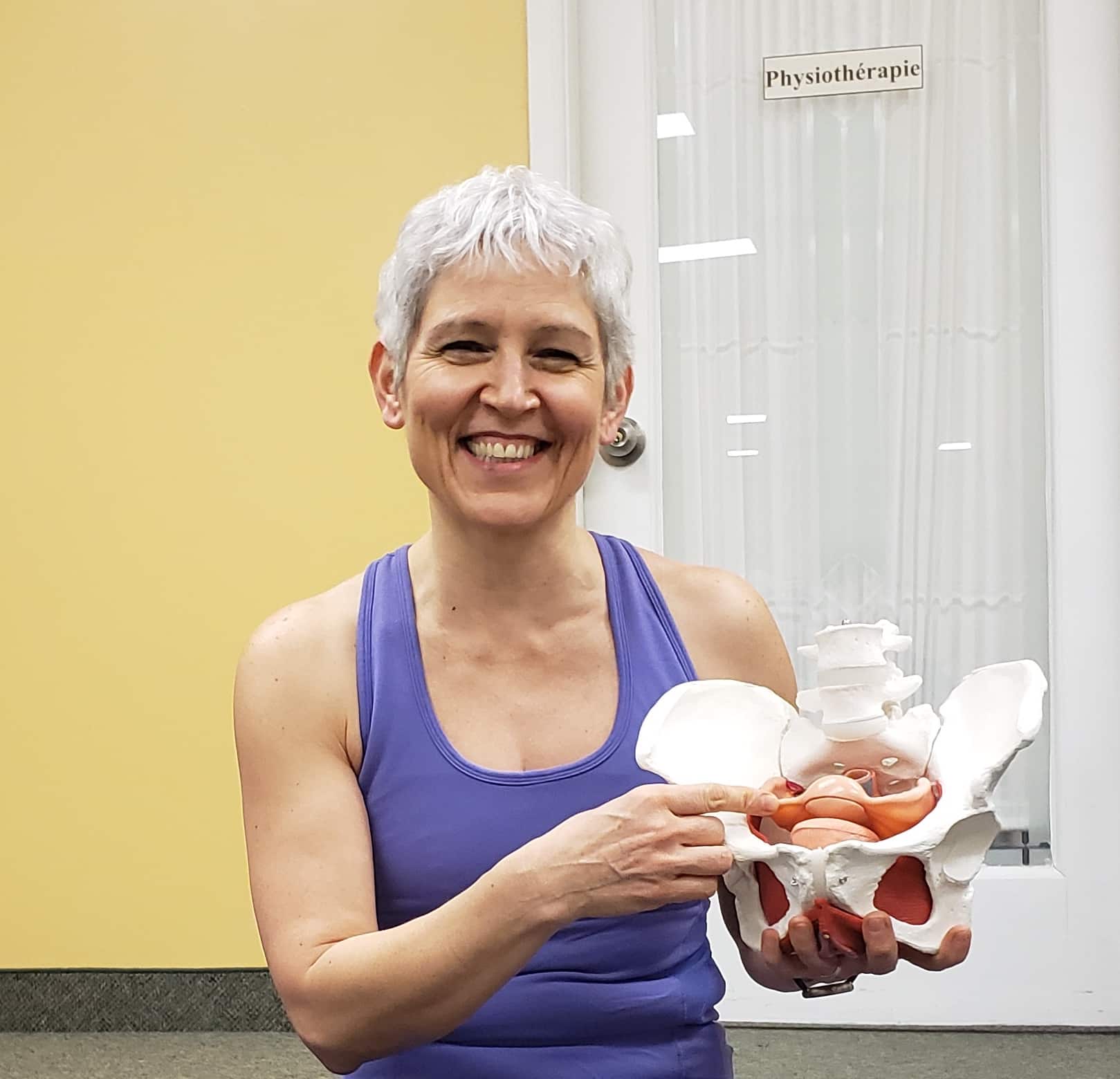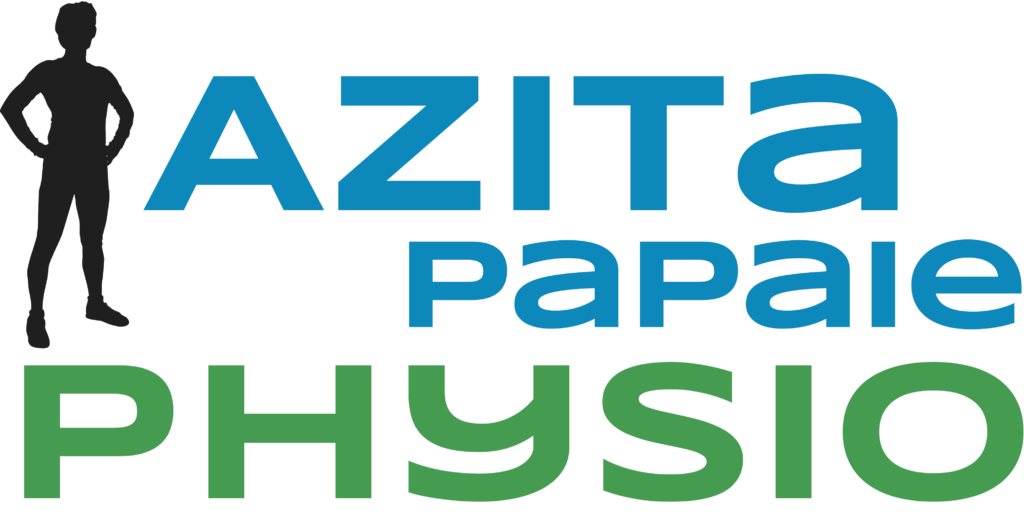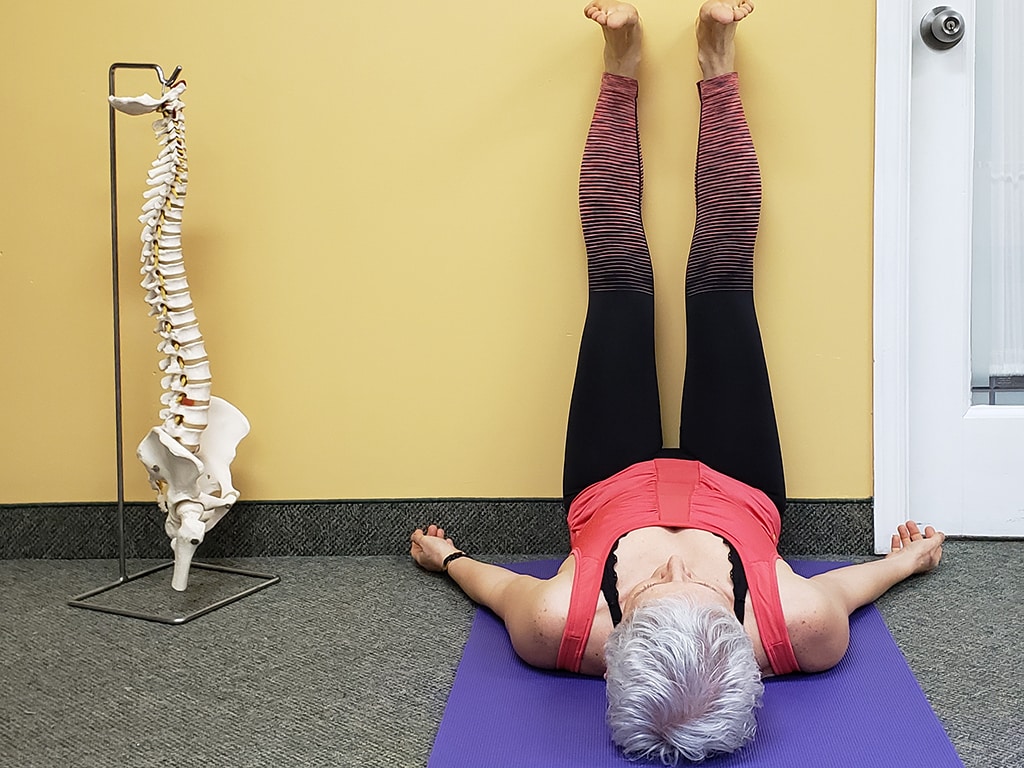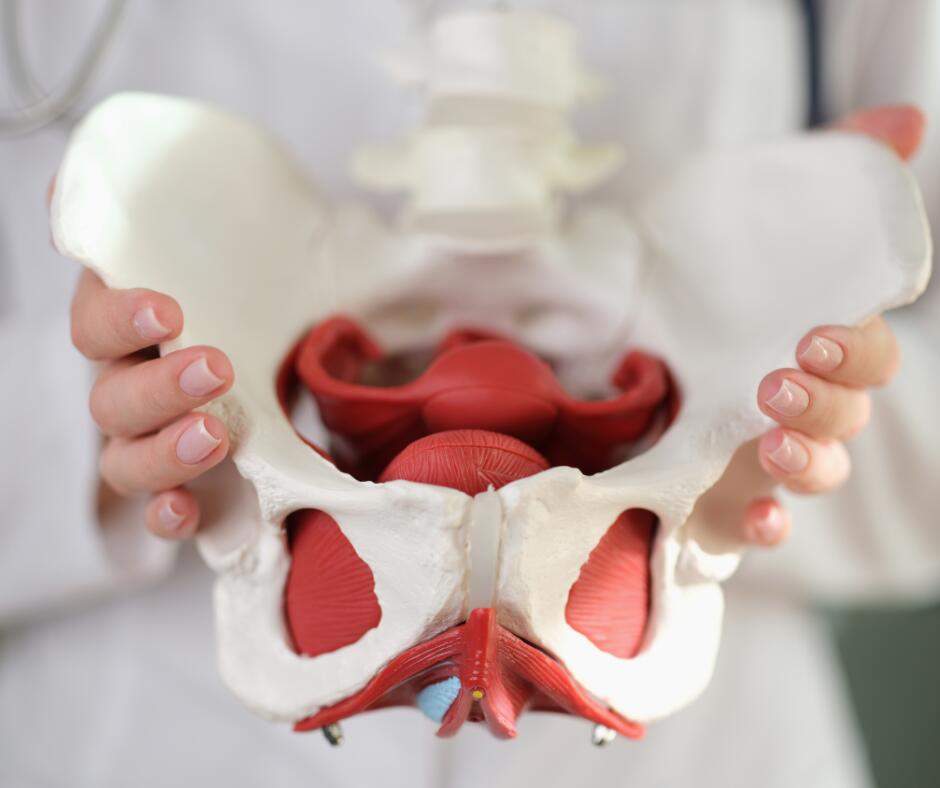Pelvic & Perineal Rehabilitation
Pelvic and perineal rehabilitation is a branch of physiotherapy that requires post-graduate education. It involves physical methods of strengthening and/or relaxing the pelvic floor muscles to enhance core stability and control over urination and bowel movement, ameliorate sexual function and organ support. The treatment also entails addressing the patient’s posture, breathing and lifestyle habits, which can play major roles and contribute to pelvic dysfunction.
From incontinence to uterus prolapse, rectum and anus-related problems, constipation, painful sexual intercourse or interstitial cystitis, there is growing evidence that pelvic floor physiotherapy is effective in treatment of these conditions.
Azita Papaie has treated numerous patients suffering from pelvic and perineal dysfunction through myofascial release techniques, pelvic floor massage, specific exercise routines, as well as advice on fitness routine and lifestyle changes.
Her unique trauma oriented approach involves educating and empowering patients throughout all stages of their lives, through young adulthood, pregnancy, postpartum, menopause, pre/post surgery and pelvic pain.
Pelvic floor physiotherapy requires an internal and external pelvic exam to evaluate and correct pelvic floor imbalances. In certain cases, exclusive external pelvic exams and treatment are proven to be efficient and effective.


PELVIC FLOOR CONDITIONS TREATED BY PHYSIOTHERAPY
Some of the common medical diagnoses that have been known to involve pelvic floor dysfunction in women and can be treated in physiotherapy are:
- Urine or stool incontinence as well as urinary urgency and/or frequency,
- Coccyx pain,
- Interstitial cystitis,
- Urinary tract infection resistant to antibiotics,
- Irritable bowel syndrome,
- Lichen sclerosus,
- Pelvic organ prolapse,
- Constipation.
PAIN MANAGEMENT THROUGH PELVIC & PERINEAL REHABILITATION
Pelvic and perineal rehabilitation significantly contributes to effective pain management for various pelvic floor dysfunctions. Chronic pelvic pain, coccyx pain, interstitial cystitis, pain related to sexual intercourse, and bowel disorders can profoundly affect quality of life.
Using specialized myofascial release techniques, targeted pelvic floor massage, personalized therapeutic exercises, and posture adjustments, physiotherapy provides substantial relief by addressing the root causes of pain rather than simply masking symptoms. Techniques employed by Azita Papaie emphasize gentle, trauma-informed care that acknowledges both physical and psychological components of chronic pelvic pain.
LOOKING FOR A PELVIC FLOOR PhysiotherapIST NEAR SAINT-HENRI?
Azita Physio is conveniently located at 3287 boul. St-Jacques West, 2 minutes away from the Lionel-Groulx metro station and close to the Atwater Market, downtown Montreal, Westmount and Little Burgundy.




